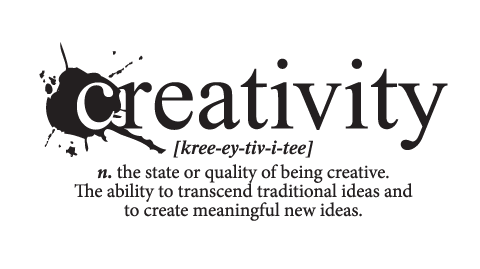Having labs be a part of our AEE 412 curriculum was a really
beneficial experience, not only were we able to work on our skills but we also
received great feedback from our peers and Mrs. Rice. One of the hardest parts
about lab for me was actually being recorded and teaching in front of my peers.
I think that this was hard for me because I hate seeing myself on video because
I always pick a part everything I do, and knowing that everyone will be able to
see every mistake you made; that was terrifying for me. I also was nervous
teaching in front of my peers, I think that besides yourself your friends are
your toughest critics. Both components of this were not nearly as bad as I
thought it was going to be, but I think that it did make a difference in some of
the things I did in lab.
I learned a lot throughout the entire lab process. Clarity
and variability are things that I personally thought I needed to work on
throughout. Another thing that I learned that I needed to work on is to not
spoon feed my students every little thing. I think I spend too much time on
making sure they know what they are supposed to do instead of letting them
figure out somethings for themselves. Through lab I have also learned that I
need to continue to work on my time management and organization skills. This is
something that I have been working on my whole entire college career, I have
gotten a little bit better each year but now I really need to get these skills
together because it is going to help me out with my student teaching experience.
I also need to pay better attention to detail and read things a few times over
to make sure I comprehend things.
I had a lot of ups and downs during lab and learned the
value of double checking the safety of certain labs before you try to conduct
them. I also learned what to do in case of an injury in your lab. Although they
were not my finer points I have learned from them significantly. Walt Disney
once said “Keep Moving Forward,” I use this quote because I would rather fail
during lab as practice than in front of my students when I am actually teaching
them. Although I may have not succeeded to the best of my ability with a lab I
used what I did and the comments I received and really tried to change it for
the next time.
Each experience I have had in lab has made me a better
educator and I have learned from each experience as well. I learned that being
the great teacher is something that takes a lot of time, patience, and
practice. No one is going to be able to be perfect at it right off the bat. I
am really thankful for the opportunity to have had this lab experience, my
favorite one was definitely the creativity lab. I did not know how easy it was
to go and get some really interesting things for class, something as simple as
stickers can enhance your lesson. I really enjoyed getting my creative juices
flowing and got some really awesome things to use with my students. I think
that each lab really helped supplement what we learned in class and helped us
bring everything together. It was nice to be able to see the information in
practice, learn about, and then prepare, and practice teaching it.








